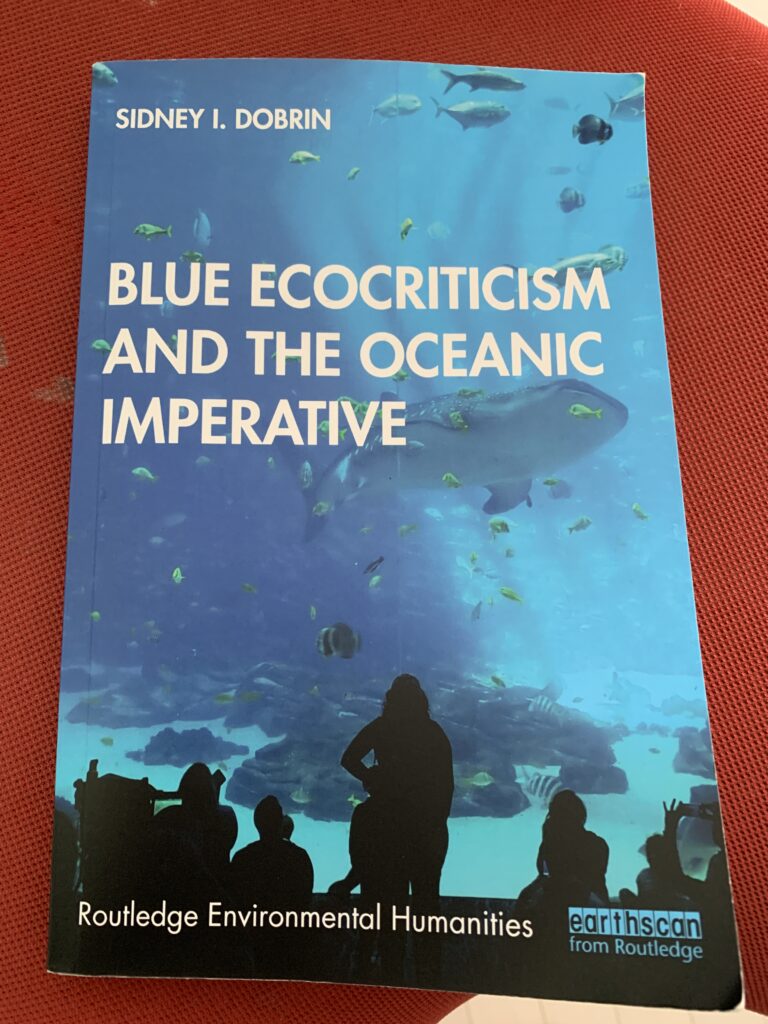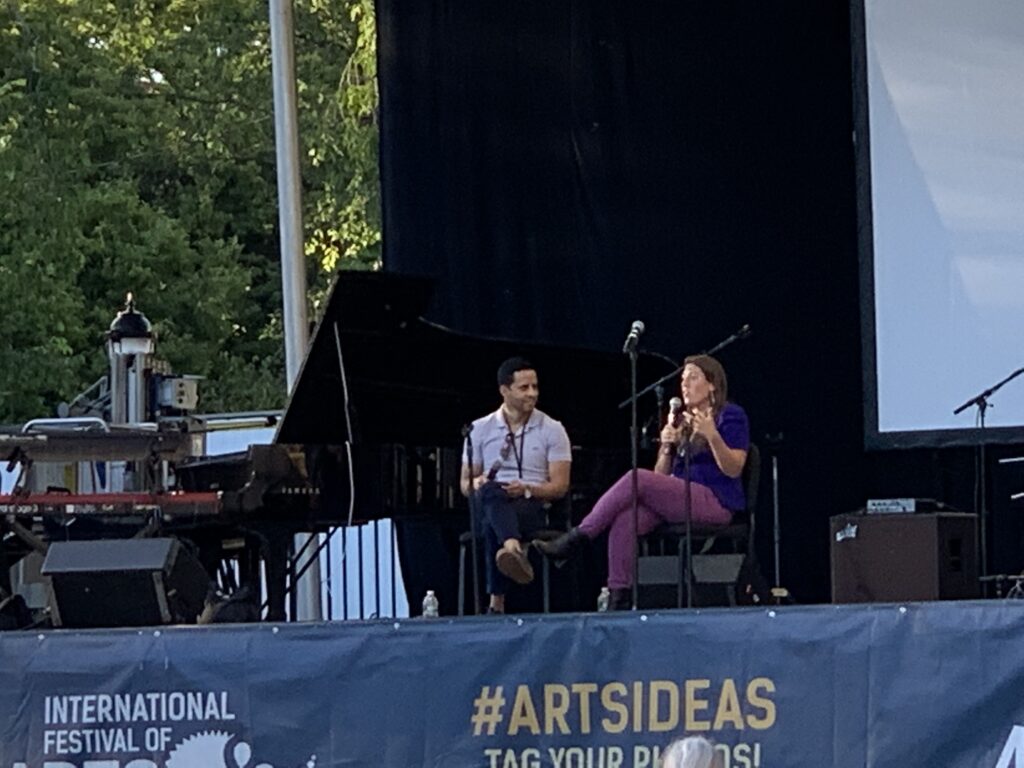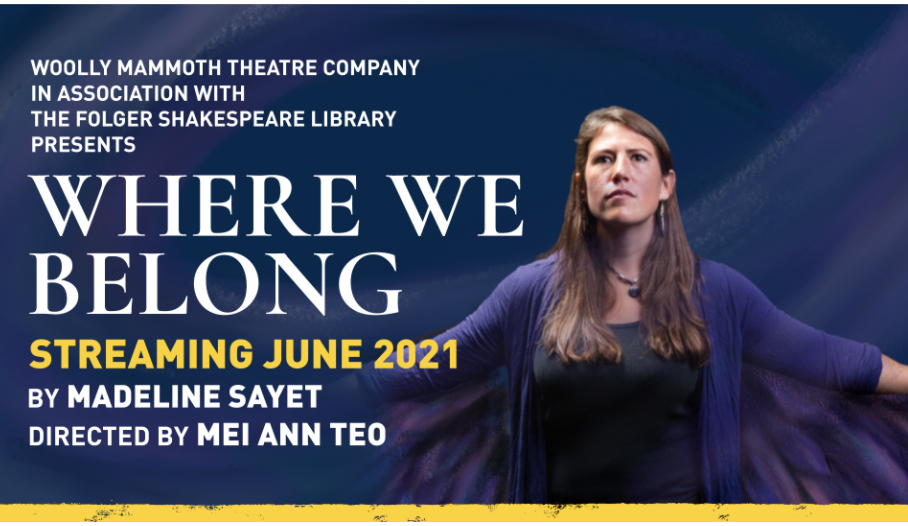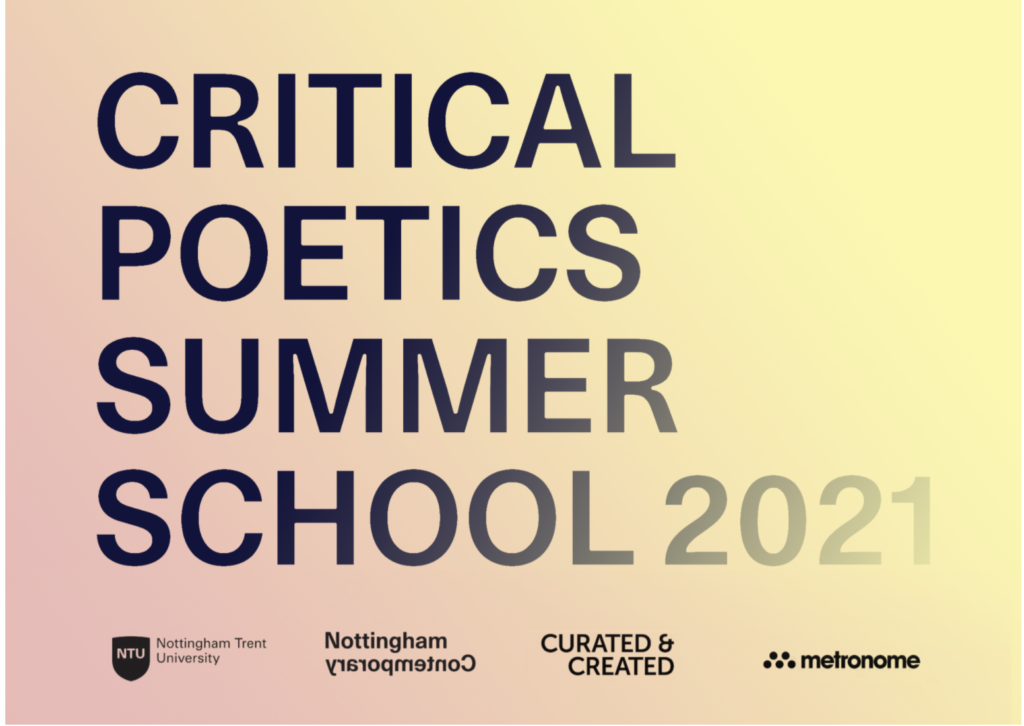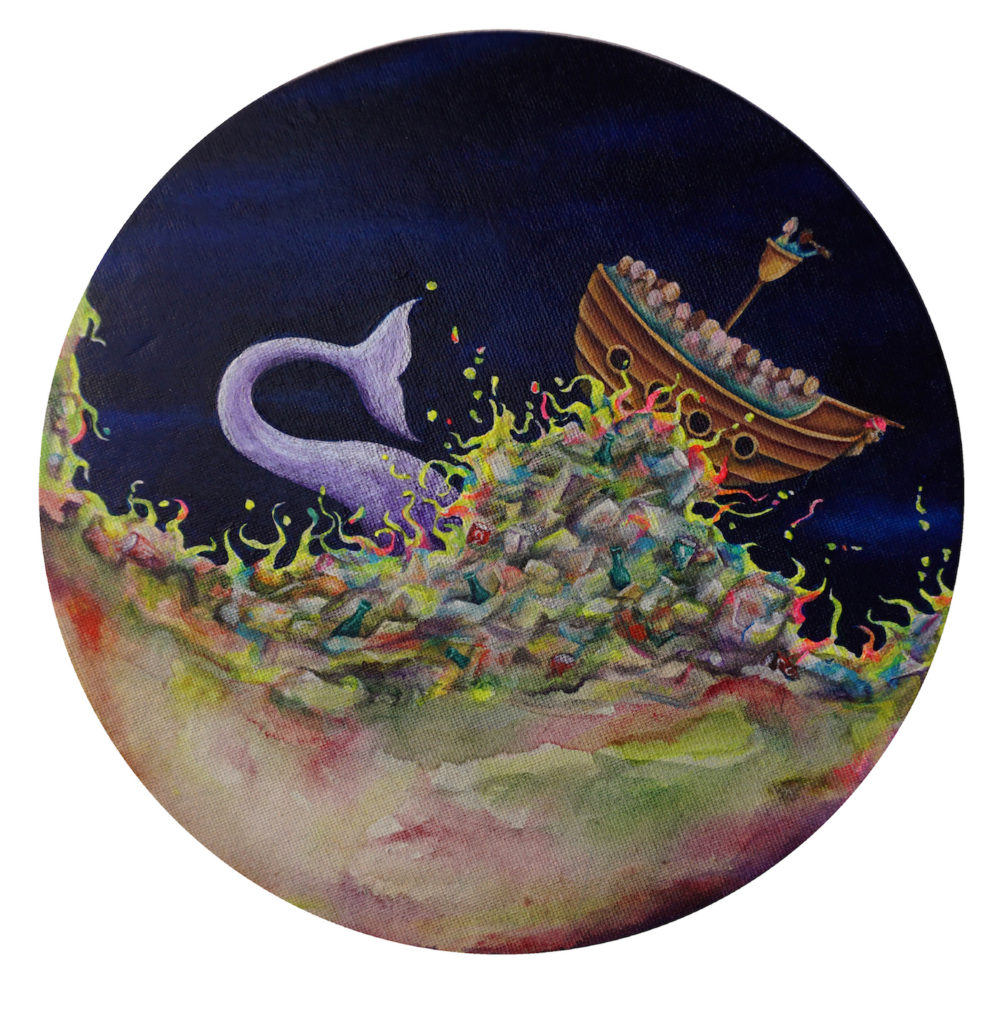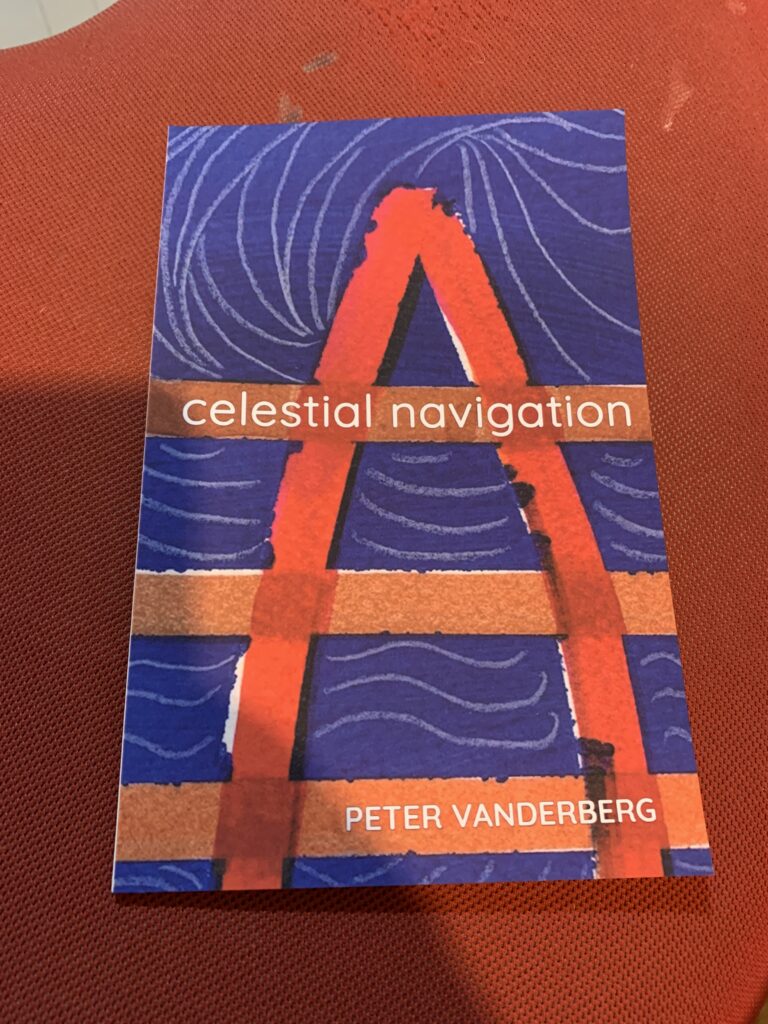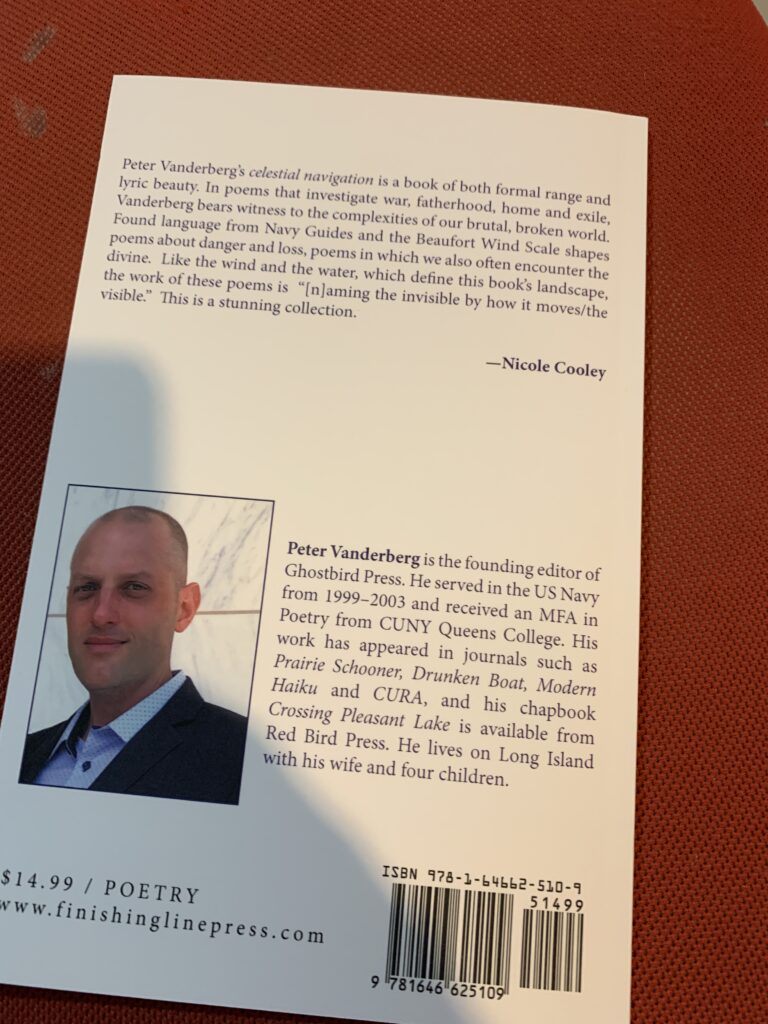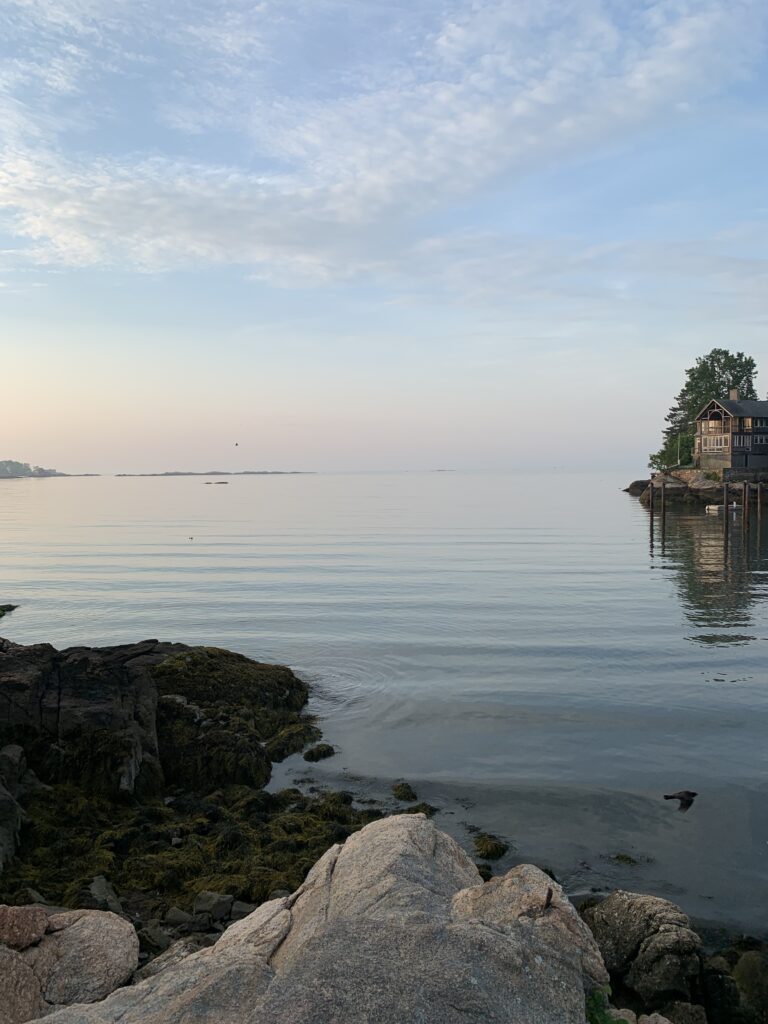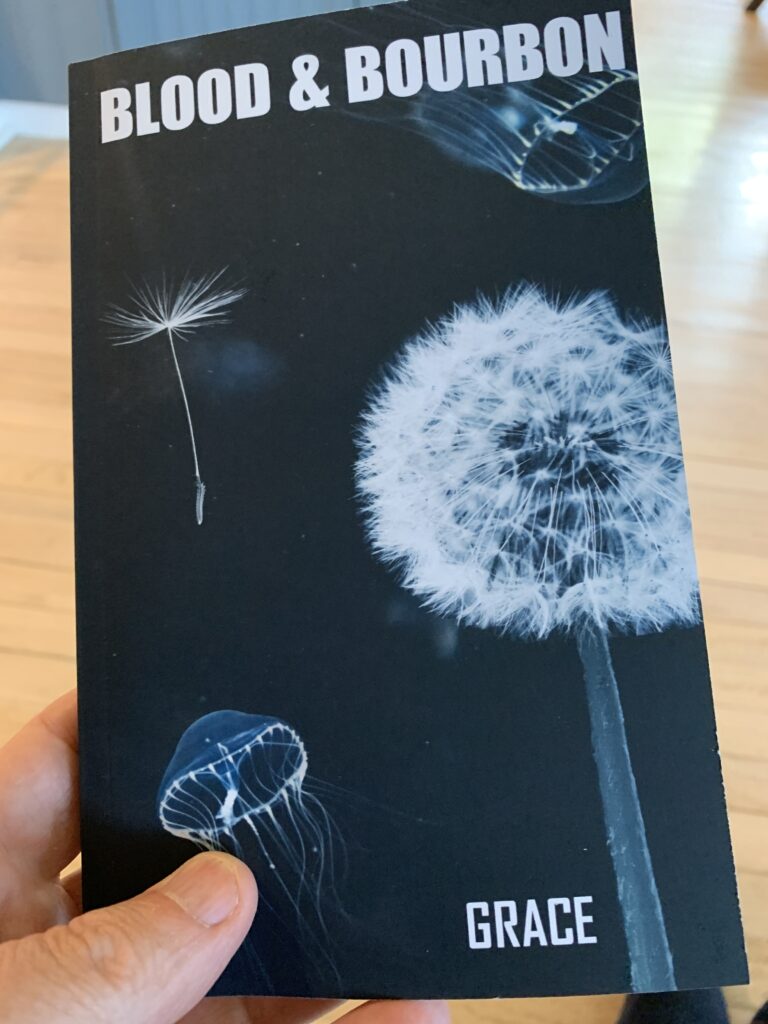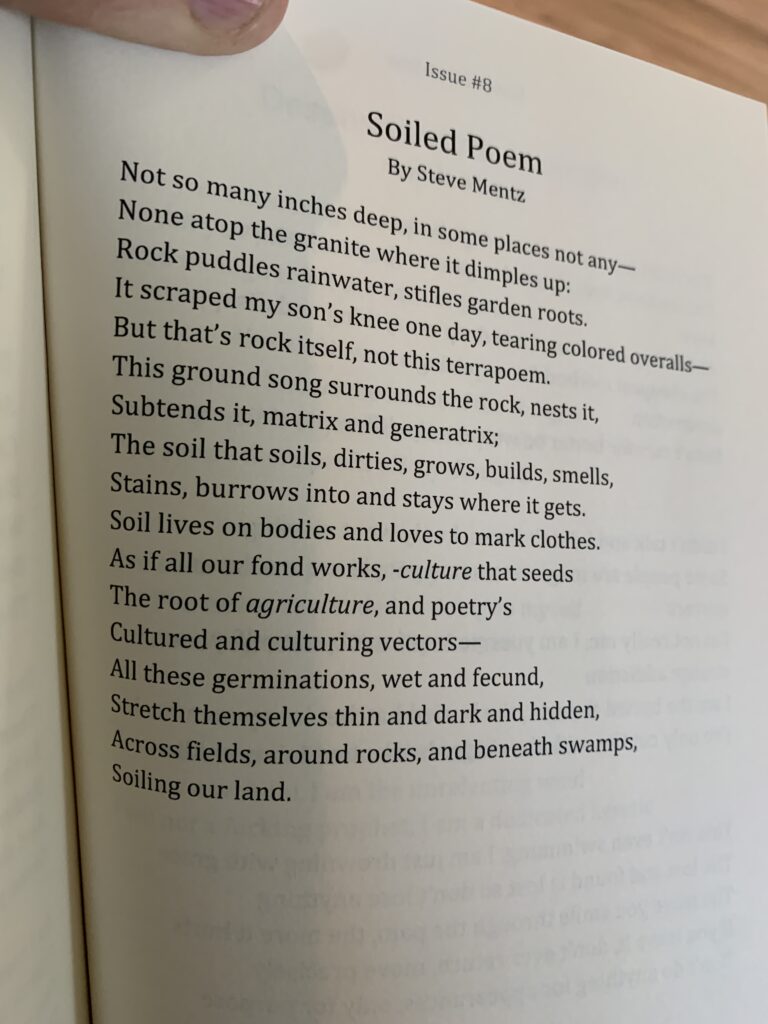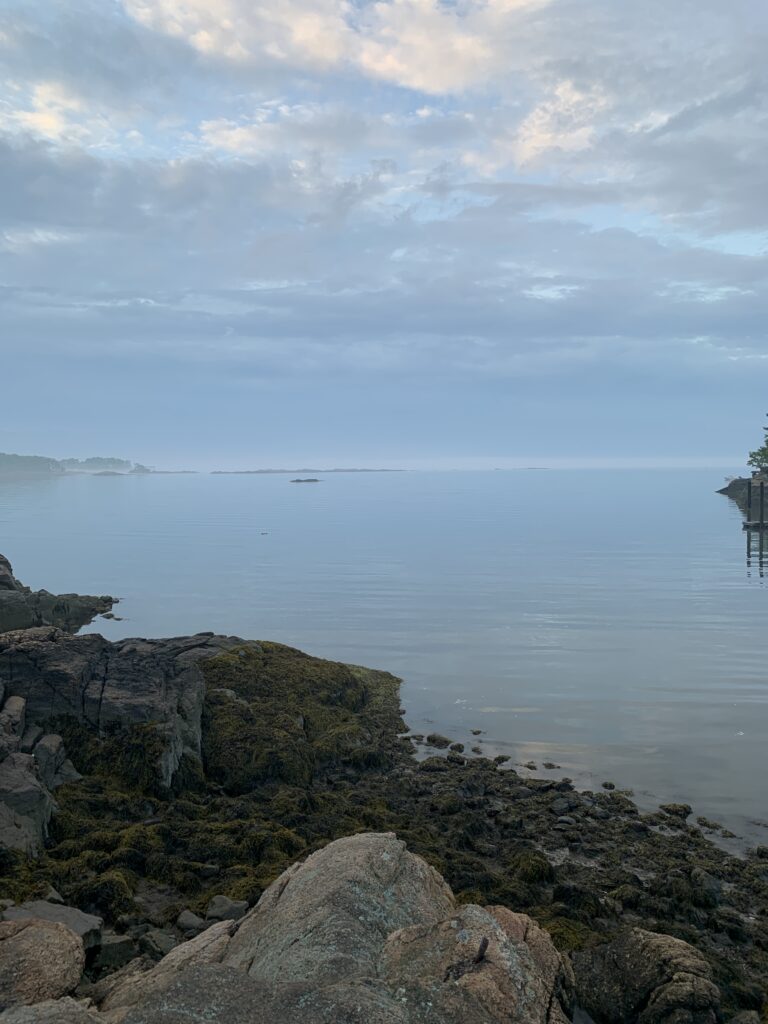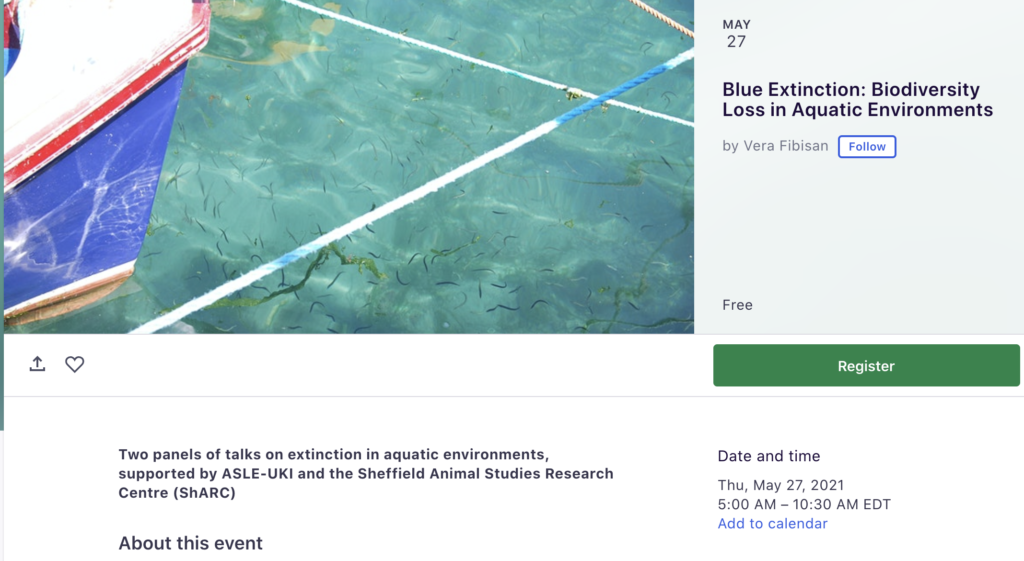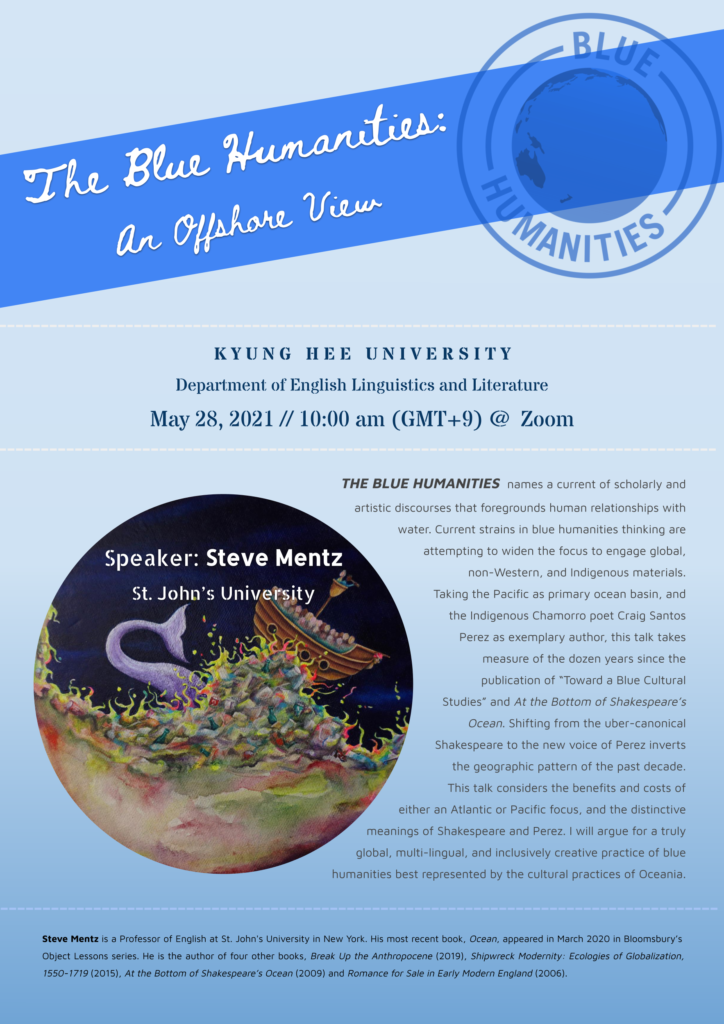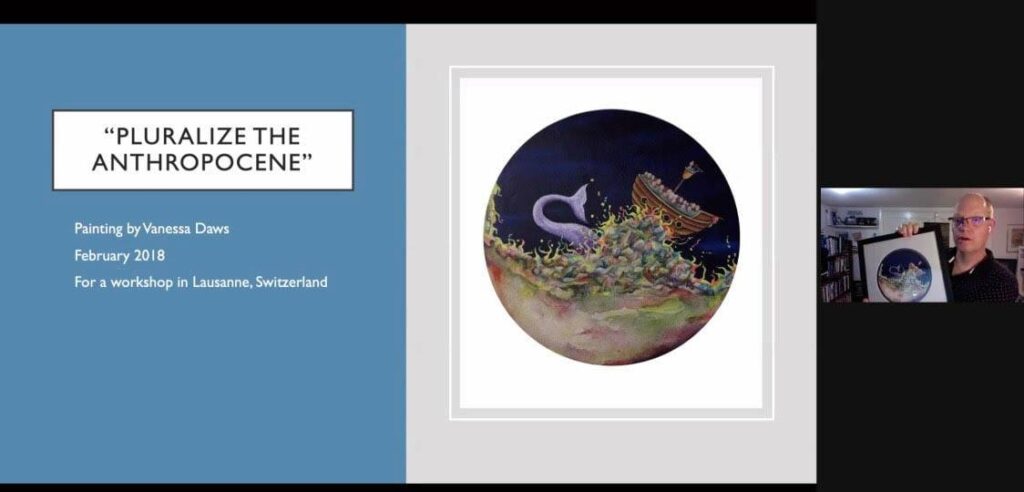Here’s a rough outline of plans for the seminar at #shax2020 in Jacksonville, FL, this coming April 2020.

October: All of the members of the seminar have introduced themselves & their projects to the seminar by email.
1 November: I circulated to the seminar some shared work by our two invited non-Shakespearean guests. From Molly Warsh, Associate Professor of History at Pitt, I circulated the intro and first chapter (on pearl harvesting) from her brilliant book, American Baroque: Pearls and the Nature of Empire, 1492-1700 (UNC Press, 2018). From Sid Dobrin, I circulated his chapter on global fishing, “Protein Economies,” from Blue Ecocriticism and the Oceanic Imperative (Routledge 2021), plus his Jacksonville-centric chapter, “An American Beach,” from the book Florida. Ed. Jeff Rice. Parlor Press. 2015. 212-229.
late November: Molly, Sid, and I will record a Zoom-conversation about these works and how they might be helpful in shaping our shared conversation at the conference. I’ll record that Zoom, and circulate the recording.
1 December: All seminar paper-writers should submit provisional titles and short (250 word) abstracts to me. These can of course be revised in the New Year, but once they are finalized I will compile them and circulate copies at our seminar for auditors.
14 February: Final Deadline for completed papers (~2500 words). This is a firm SAA deadline so that each of you can be listed in the final SAA program.
1 March: I will divide the eight papers into two groups of four. Each group will have a designated respondent from our two invited respondents, Caro Pirri and Dan Brayton. We will circulate written responses to each paper within each group, as well as designating time during our seminar in April.
1 April: Deadline for written responses (ie, before anyone gets on a plane to FL!). We’ll also try to generate some shared questions for the full seminar by this point.
6-9 April: Our seminar will meet for two hours at a time and place tbd!
Further information about a trip to a clam shack, a 16th-century French fort, and/or a beach will be forthcoming closer to the date.
